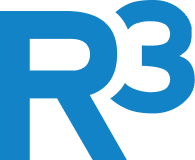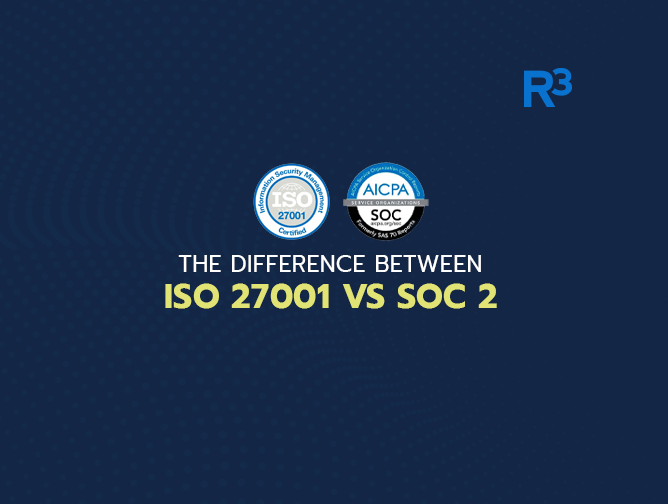Protecting sensitive data is a top priority for businesses of all sizes. That’s where compliance frameworks such as SOC 2 and ISO 27001 come in. Both these frameworks focus on security and data privacy, but they differ in their approach and scope. In this article, we will discuss the differences between SOC 2 and ISO 27001 and how they can benefit your organization.
ISO 27001 vs SOC 2: Understanding the Differences
ISO 27001 is an international standard that provides a framework for Information Security Management Systems (ISMS). It covers a wide range of security controls, including physical, technical, and administrative controls, to ensure the confidentiality, integrity, and availability of information. The standard is focused on risk management and requires organizations to develop a risk management plan to identify, assess, and manage risks to their information security.
On the other hand, SOC 2 is a set of guidelines established by the American Institute of Certified Public Accountants (AICPA) to evaluate the effectiveness of a service organization’s internal controls over security, availability, processing integrity, confidentiality, and privacy. SOC 2 is geared towards companies that store customer data in the cloud or on-premises data centers.
One of the key differences between ISO 27001 and SOC 2 is their scope. ISO 27001 is a broader standard that can be applied to any organization, regardless of industry or size. SOC 2, on the other hand, is specifically designed for service providers that store or process customer data.
Another difference is their approach to compliance. ISO 27001 is a formal certification that requires an independent auditor to evaluate the organization’s security controls and verify compliance with the standard. SOC 2, on the other hand, is a self-assessment where the organization itself evaluates its controls and issues a report for customers to review.
Benefits of ISO 27001 and SOC 2
Both ISO 27001 and SOC 2 offer several benefits to organizations that implement them. Implementing these frameworks can help organizations to:
- Improve their security posture: Both ISO 27001 and SOC 2 provide a comprehensive framework for implementing security controls that can help organizations to improve their overall security posture.
- Increase customer trust: Compliance with these frameworks demonstrates an organization’s commitment to security and data privacy, which can increase customer trust.
- Meet regulatory requirements: Many industries have regulations that require organizations to implement specific security controls. Compliance with these frameworks can help organizations to meet these requirements.
- Reduce the risk of data breaches: Implementing ISO 27001 and SOC 2 can help organizations to identify and mitigate potential risks, reducing the likelihood of data breaches.
Which One Should You Choose?
The choice between ISO 27001 and SOC 2 depends on your organization’s needs and industry. If you are an IT service provider or a SaaS company that processes or stores customer data, SOC 2 may be more relevant. If you are looking for a broader framework that covers all aspects of information security, ISO 27001 may be a better fit.
Final Thoughts
ISO 27001 and SOC 2 are both valuable frameworks for organizations that want to improve their security posture and demonstrate their commitment to data privacy. Understanding the differences between these frameworks can help you choose the one that best meets your organization’s needs. Regardless of which framework you choose, compliance with these standards can help you build trust with your customers and reduce the risk of data breaches.


